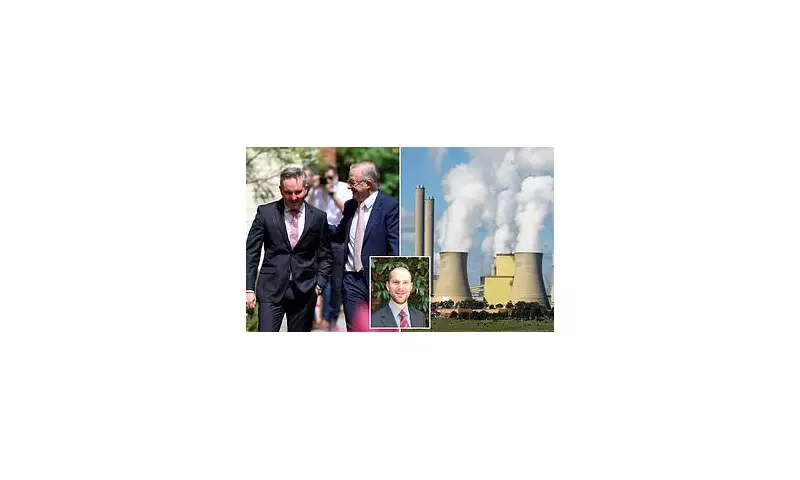
Australia's aggressive transition to renewable energy under Prime Minister Anthony Albanese and Energy Minister Chris Bowen is raising alarm bells across the nation, with experts warning the policy could have catastrophic consequences for the country's economy and energy security.
The High-Stakes Energy Gamble
The Albanese government's commitment to achieving 82% renewable energy by 2030 is being described by some as "economic suicide" that could leave Australians paying the price for years to come. Critics argue the rapid phase-out of reliable energy sources in favour of intermittent solar and wind power is creating a dangerous energy vulnerability.
Mounting Concerns From Industry Leaders
Energy experts point to several critical issues with the current approach:
- Massive investment in renewables while neglecting grid infrastructure
- Premature closure of coal-fired power stations
- Lack of viable storage solutions for intermittent energy
- Soaring electricity prices impacting households and businesses
The Political Storm Intensifies
Opposition leaders and energy analysts are sounding the alarm, suggesting the government's ideological commitment to renewables is blinding them to practical realities. "We're seeing the fastest energy transition attempted by any major economy," noted one industry insider, "but without the necessary planning or backup systems in place."
The debate has become increasingly heated, with some comparing Australia's situation to energy crises seen in other countries that moved too quickly to abandon traditional power sources.
What This Means for Everyday Australians
Consumers are already feeling the pinch, with:
- Electricity bills skyrocketing across the country
- Manufacturers warning of potential job losses
- Growing concerns about blackout risks during peak demand
As the controversy grows, many are questioning whether Australia's energy policy needs a fundamental rethink before it's too late.





